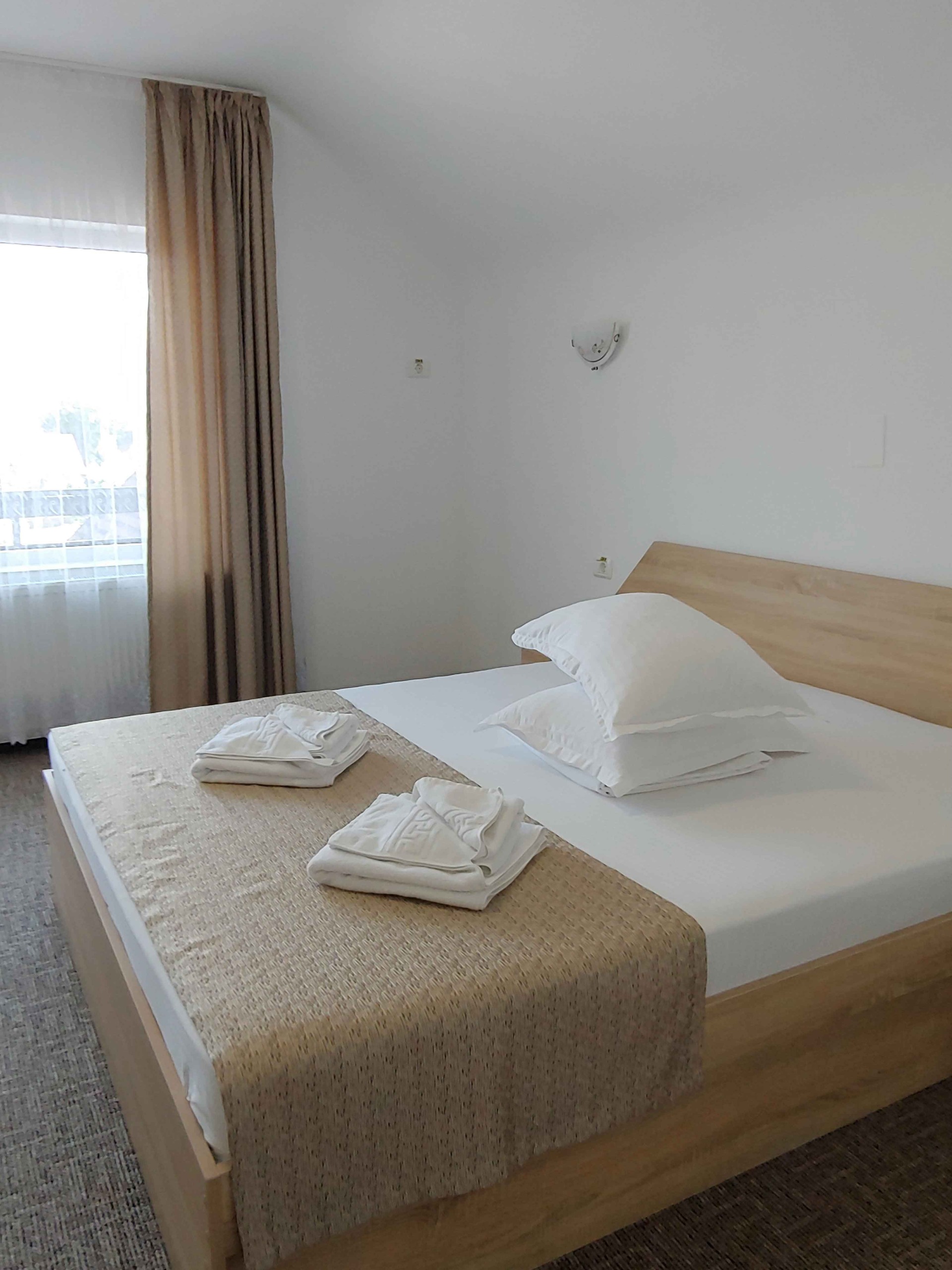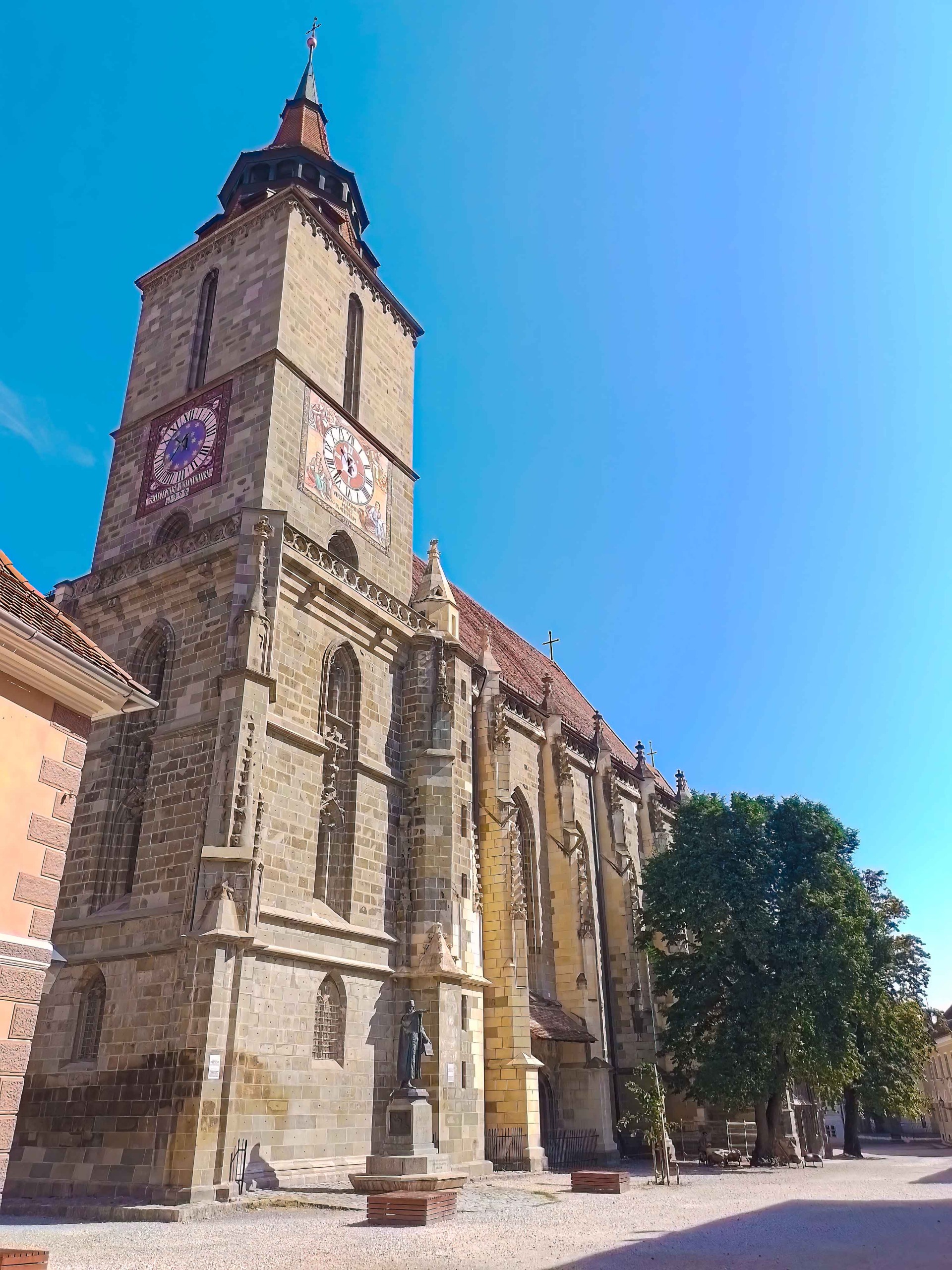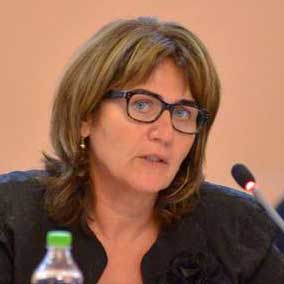Project Description
Overview
The field school takes place in the quaint Transylvanian village of Sânpetru, a few km from the city of Brasov, and aims to develop specific aspects of the broader Braşov Bioarchaeology Project (est. 2014), investigating biocultural diversity in medieval Transylvania. Two core objectives are:
- To continue the post-excavation processing of human skeletal remains from the Braşov medieval cemetery (cleaning, organising, bagging);
- To uncover new archaeological evidence through the excavation of areas of the fortified Saxon church in Sânpetru.
The field school offers the unique opportunity to receive training in both bioarchaeological analysis and archaeological fieldwork. Among the assemblages under study, the medieval parish church assemblage, one of the largest thus far excavated in Romania, was recovered between 2013 and 2014 during rescue excavations in the historical centre of Braşov, a space dominated by the Biserica Neagră (the ‘Black Church’), one of the foremost Gothic monuments in Eastern Europe.
The village of Sânpetru, where both archaeological excavation and osteological practice will take place, is known not only for its 13th century fortified church and 14th century painted chapel, but also for the discovery of several fossilized dinosaur bones in its territory.
In Transylvania, a land steeped in history and myth, students will be able to learn more about archaeology whilst travelling across dramatic landscapes and bucolic villages, taste fresh, organic food and discover this region’s fascinating local customs and traditions. The field school locations are also the venue for cultural, musical and artistic events and are a step away from many heritage and environmental landmarks, including the world-renowned UNESCO sites of Sighişoara and the fortified churches of Transylvania.
| Course Details | |
|---|---|
| Course Dates | July 7 – August 3, 2024 |
| Course Type | Bioarchaeology, Field Archaeology |
| Instructors | Dr. Annamaria Diana & Dr. Daniela Marcu Istrate |
| Credits* | 6 semester (9 quarter) |
| Apply By | April 15 |
| Fees Due By | Summer 2 (May 15) |
| Program Fees | |
|---|---|
| Tuition | $3,725 |
| Transcript Fee* | $300 |
| Health & Evacuation Insurance | $125 |
| Room & Board | $1,680 |
| TOTAL: | $5,830 |
Applications accepted on a rolling basis until program fills or final deadline above.
Instructors
The directors welcome emails and inquiries about the research elements of this project. More general information (tuition, health insurance, and payment schedule) can be found under the ‘Students’ tab above. Any further questions may be addressed to IFR staff. Additional details about research, course schedule, travel, accommodation, and safety can be found on the syllabus. Contacting the directors or the IFR office is encouraged and appreciated. It may help you determine if this field school is a good fit for you.
Testimonials
This is a new IFR field school. No student testimonials are available at this time.
Payment & Student Fees
Application Fee: There is a $45 fee to submit an online application.
Deposit Payment: A nonrefundable $500 deposit is due within 3 weeks of program acceptance in order to secure your place. The remainder of your program fees are due by the deadline indicated under “Course Details”.
*Transcript Fee & Academic Credit Opt Out: If you wish to participate in an IFR field school without earning academic credits, you will not be charged a transcript fee.
For more information about payment, fees, and policies, please see details under our Payment & Finances and Withdrawal and Cancellation Policy pages.
Accommodations
Students will stay in a local guesthouse/hotel. Rooms are airy and spacious and all have en-suit bathrooms. They will be generally occupied by two, maximum three students depending on the number of applicants. The hotel is equipped with all essential amenities (Wi-Fi, kitchen, laundry facilities, communal areas) and offers ample outdoor spaces where the students will be able to relax, read, study, eat and socialize on hot summer evenings.
A professional cook will serve breakfast and dinner in the common dining room, while lunches will consist of sandwiches and field food prepared by students themselves from foods provided at the hotel each morning. Accommodations will be made for special dietary requirements and restrictions although some specific dietary restrictions such as kosher or halal meals may not be feasible. The directors will try, however, to accommodate all needs as much as possible.


Travel Info
Natural disasters, political changes, weather conditions and various other factors may force the cancellation or alteration of a field school. IFR recommends students only purchase airline tickets that are fully refundable and consider travel insurance in case a program or travel plans must change for any reason.
General information for this program is below, but keep in mind we will discuss any updated travel information and regulations during the required program orientation, which could affect travel plans.
Students are encouraged to fly into Bucharest Otopeni International airport. From there, they will have to reach the central station (Gara de Nord) where they will be able to catch a train to Braşov. Our meeting point is the train station in Braşov, where students will be picked up by bus to the host accommodation in the village of Feldioara. More detailed itineraries and options will be provided on orientation day and the directors will be available for help and clarification with each student on the days of traveling.
If you missed your connection or your flight is delayed, please call, text or email the field school director immediately. A local emergency mobile phone number will be provided to all enrolled students.
Student Safety
The IFR primary concern is with education. Traveling and conducting field research involve risk. Students interested in participating in IFR programs must weigh whether the potential risk is worth the value of education provided. While risk is inherent in everything we do, we do not take risk lightly. The IFR engages in intensive review of each field school location prior to approval. Once a program is accepted, the IFR reviews each program annually to make sure it complies with all our standards and policies, including student safety.
Students attending IFR international programs are covered by a comprehensive Health Insurance policy that includes physical illness or injury, mental or chronic conditions. No deductible and 100% of costs are covered up to $250,000. In addition, we provide Political and Natural Disaster Evacuation policy, which allow us to remove students from field school location if local conditions change. Our field school directors are scholars that know field school locations and cultures well and are plugged in into local communities and state institution structures.
Students attending IFR domestic programs (within the US) must have their own health insurance and provide proof upon enrollment. IFR field school directors are familiar with local authorities and if in need of evacuation, local emergency services and/or law enforcement will be notified and activated.
The IFR has strong, explicit and robust policy towards discrimination and harassment in the field. If students feel they cannot discuss personal safety issues with field school staff, the IFR operates an emergency hotline where students may contact IFR personnel directly.
Call (877-839-4374) or email (info@ifrglobal.org) if you have questions about the safety of any particular program.









